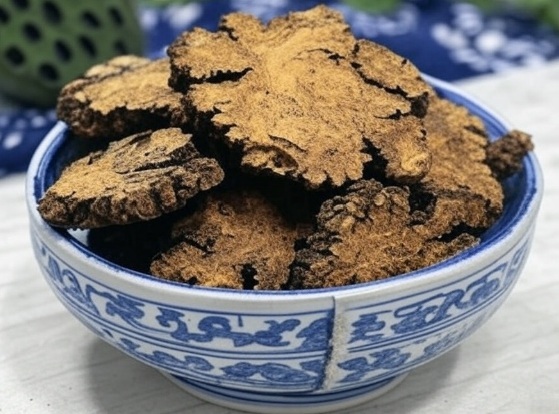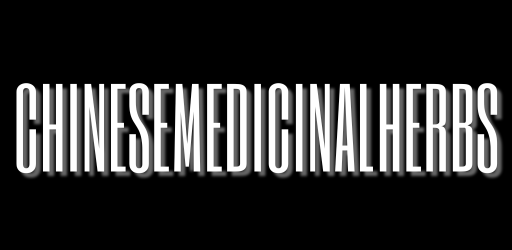Szechuan Lovage Root Chinese Herb

Szechuan Lovage Root (Chuan Xiong): A Moving Herb for Blood Circulation, Pain Relief, and Head Health
Introduction
Szechuan lovage root, known as Chuan Xiong (川芎) in Traditional Chinese Medicine (TCM), is a powerful blood-invigorating herb traditionally used to promote circulation, dispel wind, and relieve pain—especially in the head and upper body. Pungent and warm in nature, it is a staple in formulas that address blood stasis, menstrual irregularities, and headaches. Chuan Xiong is especially effective at moving qi within the blood and guiding other herbs upward, making it invaluable in treating both internal and external conditions.
What Is Szechuan Lovage Root?
Chuan Xiong is the dried rhizome of Ligusticum chuanxiong, a fragrant plant native to the Sichuan province of China. In TCM, it is classified as acrid and warm and enters the Liver, Gallbladder, and Pericardium meridians. It is traditionally used to invigorate the blood, move qi, expel wind, and alleviate pain. Because it travels upward in the body, it is often used for headaches and conditions involving poor circulation in the upper body, head, and chest.
Health Benefits of Szechuan Lovage Root
Invigorates Blood and Promotes Qi Movement
Chuan Xiong is one of the most commonly used herbs to address blood stasis, helping to treat irregular menstruation, clots, and abdominal pain.
Relieves Pain and Alleviates Headaches
It is particularly effective for pain due to blood stagnation or wind, especially headaches, migraines, chest pain, and menstrual cramps.
Dispels Wind and Releases the Exterior
Chuan Xiong is often used in combination with other herbs to treat wind-cold invasion, especially when headaches or stiffness are present.
Supports Menstrual Health
Frequently included in gynecological formulas to regulate menstrual flow, reduce clots, and ease uterine pain caused by stagnation.
Guides Herbs Upward and Enhances Formula Effectiveness
Because of its upward-moving nature, Chuan Xiong is often used to direct the action of a formula to the head and upper body.
How to Use Szechuan Lovage Root
In Soups and Herbal Decoctions
Simmer 3–6 grams of sliced Chuan Xiong with herbs like Dang Gui, Bai Shao, or cinnamon twig in blood-moving or pain-relieving formulas for 30–40 minutes.
In Herbal Teas or Decoctions
Though potent, it can be brewed with warming herbs like ginger or licorice to treat headaches, menstrual pain, or cold-related stagnation.
As Part of Classic Formulas
Chuan Xiong is a key ingredient in well-known formulas such as Si Wu Tang (Four Substances Decoction) or Chuan Xiong Cha Tiao San for headaches.
Where to Buy Szechuan Lovage Root
You can find Chuan Xiong at the following places:
- Chinese herbal medicine shops
- Asian grocery stores or herbal apothecaries
- Online platforms like iHerb, Amazon, or specialty TCM websites
Look for:
- Brown, aromatic rhizome slices with a clean, woody texture
- Organic or sulfur-free options
- Lab-tested for identity, heavy metals, and microbial safety
Are There Any Side Effects?
Chuan Xiong is generally safe when used in moderate doses within formulas. Because it is a strong blood mover, it should be avoided during pregnancy or in those with heavy menstrual bleeding. Those with yin deficiency and dryness should use it with caution. High doses may cause dizziness or overstimulation in sensitive individuals.
Conclusion
Szechuan lovage root, or Chuan Xiong, is an essential herb in TCM for promoting blood circulation, easing pain, and guiding qi upward—especially to the head. Whether used in teas, decoctions, or classical formulas, this pungent and invigorating herb plays a vital role in restoring smooth flow and alleviating stagnation.
FAQs
Can I use Szechuan lovage root every day?
It can be used daily in small amounts within balanced formulas but is typically taken short-term for pain, stagnation, or menstrual support.
What does Szechuan lovage root taste like?
It has a strong, pungent, and slightly bitter flavor with a warm, aromatic quality.
Is Szechuan lovage root safe for children?
It is rarely used for children and only under professional supervision, especially for pain or trauma-related conditions.

